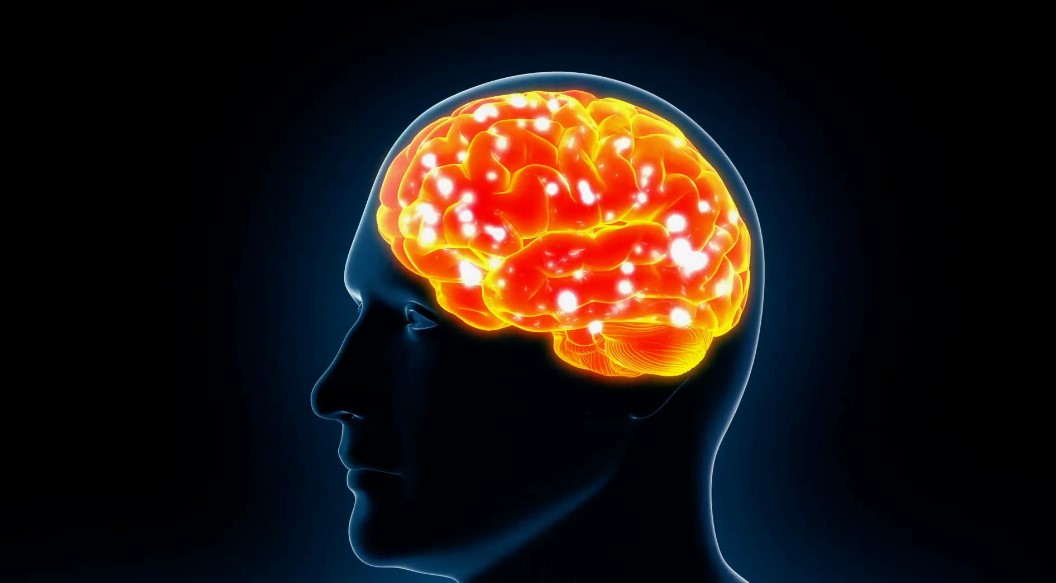Our brains need a constant supply of oxygen to function optimally. Brain hypoxia, also known as cerebral hypoxia, is a condition where the brain doesn’t receive enough oxygen to sustain its regular activities.
Just as a city without electricity has no activity, a brain without sufficient oxygen can’t function at its best.
Let’s explore symptoms, causes, prevention, and how to recover from this disease.
Table of Contents
What is Brain Hypoxia?
Brain hypoxia is a medical condition characterized by a reduced oxygen supply to the brain. You can understand it with two categories:
Hypoxemic Hypoxia
This type of hypoxia occurs when there is a decrease in the oxygen content of the blood, leading to a lower amount of oxygen for the brain.
Conditions like respiratory diseases, high altitudes, or carbon monoxide poisoning can cause hypoxemic hypoxia.
Ischemic Hypoxia
Ischemic hypoxia results from reduced blood flow to the brain, even when the oxygen content in the blood is regular.
Stroke, cardiac arrest, or other circulatory problems can lead to ischemic hypoxia.
What are the Symptoms of Brain Hypoxia?
Identifying this brain disease is crucial for timely intervention. The symptoms can vary in severity and may include:
- Cognitive Impairment: Difficulty thinking, concentrating, or making decisions.
- Memory Problems: Forgetfulness and difficulty recalling information.
- Confusion: Feeling disoriented or unable to understand surroundings.
- Fatigue: Extreme tiredness and weakness.
- Headache: A persistent and throbbing headache.
- Dizziness: Feeling lightheaded or unstable.
- Changes in Vision: Blurred vision or difficulty seeing clearly.
- Loss of Coordination: Difficulty in walking or performing tasks that require balance.
- Mood Changes: Irritability, anxiety, or depression.
- Seizures: In severe cases, brain hypoxia can lead to seizures or loss of consciousness.
Neurosurgeon Recommendation: Looking for the best neurosurgeon in Lahore? Consult Dr. Muhammad Yasir Mukhtar. He has an experience of 13 years in the field and can handle all kinds of neural deficits.
What are the Causes of Brain Hypoxia?
Knowing what caused your brain to go into hypoxic shock can help you understand the prevention.
Here are some common causes:
Cardiac Arrest
When the heart stops pumping blood, the brain loses its oxygen supply, leading to hypoxia.
Prompt cardiopulmonary resuscitation (CPR) and defibrillation can help prevent permanent brain damage in such cases.
Respiratory Failure
Conditions like pneumonia, asthma, or chronic obstructive pulmonary disease (COPD) can impair the lungs’ ability to oxygenate the blood properly.
Stroke
A stroke can disrupt blood flow to the brain, causing ischemic hypoxia. Immediate medical intervention is vital to minimize brain damage.
Carbon Monoxide Poisoning
Inhaling carbon monoxide (CO) from sources such as faulty heaters or car exhaust can displace oxygen in the blood, leading to hypoxia.
High Altitudes
At high altitudes, oxygen is less in the air, which can lead to hypoxemic hypoxia.
Acclimatization is essential for people ascending to heights to prevent this condition.
Drug Overdose
Certain drugs, such as opioids, can depress the respiratory system, leading to decreased oxygen intake and brain hypoxia.
How Can You Prevent Brain Hypoxia?
Prevention is always better than cure, and brain hypoxia is no exception.
Here are some steps you can take to reduce the risk of brain hypoxia:
Maintain Cardiovascular Health
Regular exercise, a balanced diet, and managing conditions like high blood pressure and diabetes can help reduce the risk of cardiac events that may cause brain hypoxia.
Quit Smoking
Smoking damages the respiratory system and increases the risk of respiratory failure.
Quitting smoking is one of the best ways to protect your lungs and overall health.
Carbon Monoxide Safety
Install carbon monoxide detectors in your home, and ensure all fuel-burning appliances are well-maintained and properly vented to prevent CO poisoning.
Stay Hydrated
Dehydration can reduce blood volume, potentially compromising oxygen delivery to the brain. Ensure you drink enough water, especially in hot weather or high altitudes.
Safety at High Altitudes
If you plan to ascend to high altitudes, give your body time to acclimatize to the lower oxygen levels.
Avoid rapid ascents and consult a healthcare professional if you experience severe symptoms.
Medication Management
If you are on medications that can depress the respiratory system, follow your doctor’s instructions carefully.
Report any side effects or concerns promptly.
How to Recover from Brain Hypoxia?
Recovery from brain hypoxia depends on various factors, including the cause, severity, and promptness of treatment.
Here are some strategies that can aid in the recovery process:
Rehabilitation
After the initial treatment, rehabilitation plays a vital role in recovery.
It may involve physical therapy, occupational therapy, speech therapy, or cognitive rehabilitation.
Usually, rehabilitation depends on the extent of neurological deficits.
Medications
Sometimes, medicines can manage symptoms, such as seizures or mood disorders, resulting from brain hypoxia.
Nutrition and Hydration
A balanced diet and proper hydration are essential for brain health and recovery.
Nutritionists and dietitians may be involved in planning meals that support recovery.
Psychological Support
This disease can affect individuals and their families emotionally and psychologically.
Counseling and support groups can be valuable in addressing these aspects of recovery.
Lifestyle Changes
Depending on the underlying cause, lifestyle changes may be necessary to prevent a recurrence.
For example, quit smoking or manage chronic medical conditions.
Consult the Best Neurosurgeon via Healthwire!
You should consult a neurosurgeon when faced with conditions such as traumatic brain injury, strokes, brain tumors, ruptured aneurysms, infections, inflammation affecting the brain, and hydrocephalus.
A neurosurgeon can determine if surgical intervention, like tumor removal, hematoma evacuation, or shunt placement, is necessary to improve oxygen supply to the brain and prevent further damage.
Reach out to the best neurosurgeons in Lahore via Healthwire.
